
“No comment”: who are Russians avoiding questions about the war?
Executive Summary
{{margin-small}}
- 19% of Russian respondents quit the survey after questions about war and politics, but we still got their answers on values and personality traits. We called these dropouts “Politics Avoidants.”
- This group is highly heterogeneous, with a significantly greater dispersion of responses than other clusters, but some trends are still visible.
- The Politics Avoidants group is sociable, energetic, and extroverted, valuing external stimulation and interpersonal engagement. They are more reliable, detail-oriented, and goal-focused, with fewer anxiety and depression symptoms than anti-war respondents.
- They exhibit more warmth, empathy, and cooperation, prioritizing harmony in relationships.
- Their personality traits align with war supporters, while their social beliefs are more similar to those of Uncertain and Moderate Liberals.
- They may avoid discussing politics to preserve social harmony, but their attitude toward war is not entirely positive. Many view the war negatively or neutrally, and they may condemn aggressive wars initiated by their state if convinced by well-reasoned arguments.
{{margin-big}}
Introduction
{{margin-small}}
During our investigation of the personality, values, and social beliefs of Russians in relation to their attitudes toward their country's war against Ukraine, we observed that a significant number of respondents, after answering all questions regarding their socio-demographic profile and psychological tests, ceased responding to questions as soon as they pertained to their attitude toward the current war ("special operation"), their support or disapproval of Putin and other political or war-related questions.
Out of 1,266 respondents, 240 (nearly 19%) stopped answering survey questions when they involved war and politics. Their dropout cannot be attributed to question fatigue alone, as several political questions appeared at the very end of the questionnaire, whereas prior to that, respondents were diligent in answering everything that was asked of them. Fortunately, we were able to gather data on the personality traits, values and social beliefs to form a portrait of Politics Avoidants.
{{margin-big}}
Methodology
{{margin-small}}
SAMPLE
{{margin-small}}
Respondents were recruited online.
The sample was stratified by sex and age (equal age and sex groups 18-30, 31-44, 45-60 years). The data was cleaned, the analysis excluded people who did not answer all the questions. The final sample consisted of 1266 respondents, 651 women, 615 men. The mean age of the respondents is 37.8, the standard deviation is 11.5.
To determine which cluster of Russian society, based on their war attitudes, respondents belong to, they read three generalized descriptions of different clusters. They then chose the one that suited them best. Respondents who gave up answering the questionnaire when they saw questions about the current war and politics were placed by us in the sixth cluster – Politics Avoidants.
Cluster 1. Hawks (12.9%). Firmly believe that Russia is moving in the right direction, support the war against Ukraine, strongly identify themselves with Russia and Russians, believe in themselves and their group, have low stress levels, and are psychologically well.
Cluster 2. Loyalists (32.3%). Hold the same beliefs as the Hawks but express them much less vividly than the latter. They have an average level of stress and a high level of authoritarian obedience.
Cluster 3. Uncertain (9.6%). Have average rates of support for the war and are not sure if Russia is moving in the right direction, but their level of psychological suffering is the same as that of Poor Liberals.
Cluster 4. Poor Liberals (14%). In their opinion, Russia is moving in a catastrophic direction. They oppose the war and do not identify themselves with Russia and the Russians. They do not believe in their own strength and the strength of their group to change the course of events. They have the highest stress level among all clusters, and the indicators of psychological, emotional, and even social well-being are the lowest.
Cluster 5. Moderate Liberals (12.2%). Oppose the war against Ukraine, but not as clearly and pronounced as the Poor Liberals. They’re also more prosperous and older than the latter.
Cluster 6. Politics Avoidants (19%). Respondents who gave answers to demographic and psychological questions but did not answer questions about war and politics per se.
{{margin-small}}
STUDY DESIGN
{{margin-small}}
Respondents answered a set of socio-demographic questions, questions about their attitudes towards the ongoing war against Ukraine (“Special military operation”), Russian President V. Putin, peaceful negotiations with Ukraine, the country’s direction, and following socio-psychological tests in Russian adaptation:
- Big 5 personality test - a framework that describes human personality in terms of five broad dimensions: extraversion, agreeableness, conscientiousness, neuroticism, and openness to experience;
- Dark triad - a trio of negative personality traits that include narcissism, Machiavellianism (manipulativeness), and psychopathy;
- Schwartz’s values list - a list of 19 “guiding principles in the life of a person or group;”
- Social Dominance Orientation (SDO) test - the desire of individuals to establish and maintain a hierarchical social order, with themselves at the top, through means such as aggression, manipulation, and the pursuit of social status;
- Right-wing authoritarianism scale - the degree to which people defer to established authorities, show aggression toward out-groups when authorities sanction that aggression, and support traditional values endorsed by authorities.
We utilized ANOVA with pairwise comparisons for homogeneous samples and Welch's ANOVA with pairwise comparisons for non-homogeneous samples (Tukey's post-hoc test for equal variances and Games-Howel post-hoc test for unequal variances, Cohen's d) to analyze the data.
{{margin-big}}
Key Findings
{{margin-small}}
The personality traits of the Politics Avoidants are more closely aligned with those of the pro-war Hawks and Loyalists than with their opponents or the undecided. The personality profile of individuals who opt not to answer questions about politics generally mirrors that of war supporters, as seen in traits such as Extraversion, Neuroticism, Agreeableness, and Conscientiousness.
In other words, those who choose to leave questions about war and politics unanswered typically experience less discomfort than the war opponents, displaying greater discipline and planning, increased sociability, and a heightened need for external stimulation. Overall, they tend to place a higher value on social harmony, which may be a key reason they avoid engaging in discussions on political topics which polarize Russian society and divide it into conflicting factions.
Political Avoidants are too heterogenous in terms of Schwartz’s values list, dark triad traits, and Social Dominance Orientation test to compare them with other clusters in this regard. The primary issue is the notably large standard deviation, which prevents us from considering them as homogeneous with respect to the aforementioned variables due to significant internal disparities.
Nevertheless, as we have reported previously, personality traits predict attitudes toward war to a considerably lesser extent than social beliefs. Our top identified predictor is authoritarianism, which is divided into three components: authoritarian aggression, authoritarian obedience/submission, and conventionalism/conservatism.
The components of authoritarianism among the Politics Avoidants are distinct from those of war supporters as well as its staunch opponents, such as the Poor Liberals. The war fans Hawks and Loyalists are higher in authoritarianism than Politics Avoidants, while the Poor Liberals are lower than them. No statistically significant differences were identified between the Politics Avoidants and the Uncertain groups. This suggests that individuals who dodge questions about politics display authoritarianism levels similar to their fellow citizens who either don't support the war or are undecided, meaning they're probably not in favor of it.
There is a statistically significant strong correlation between authoritarianism and war support, which leads us to conclude that avoiding political questions is largely associated with skepticism towards the war and possibly annoyance with everything related to it, such as thinking, "Not Putin again, I've had enough!" People who avoid discussing politics are unlikely to support the war and the current regime, but they probably won't actively oppose them either.
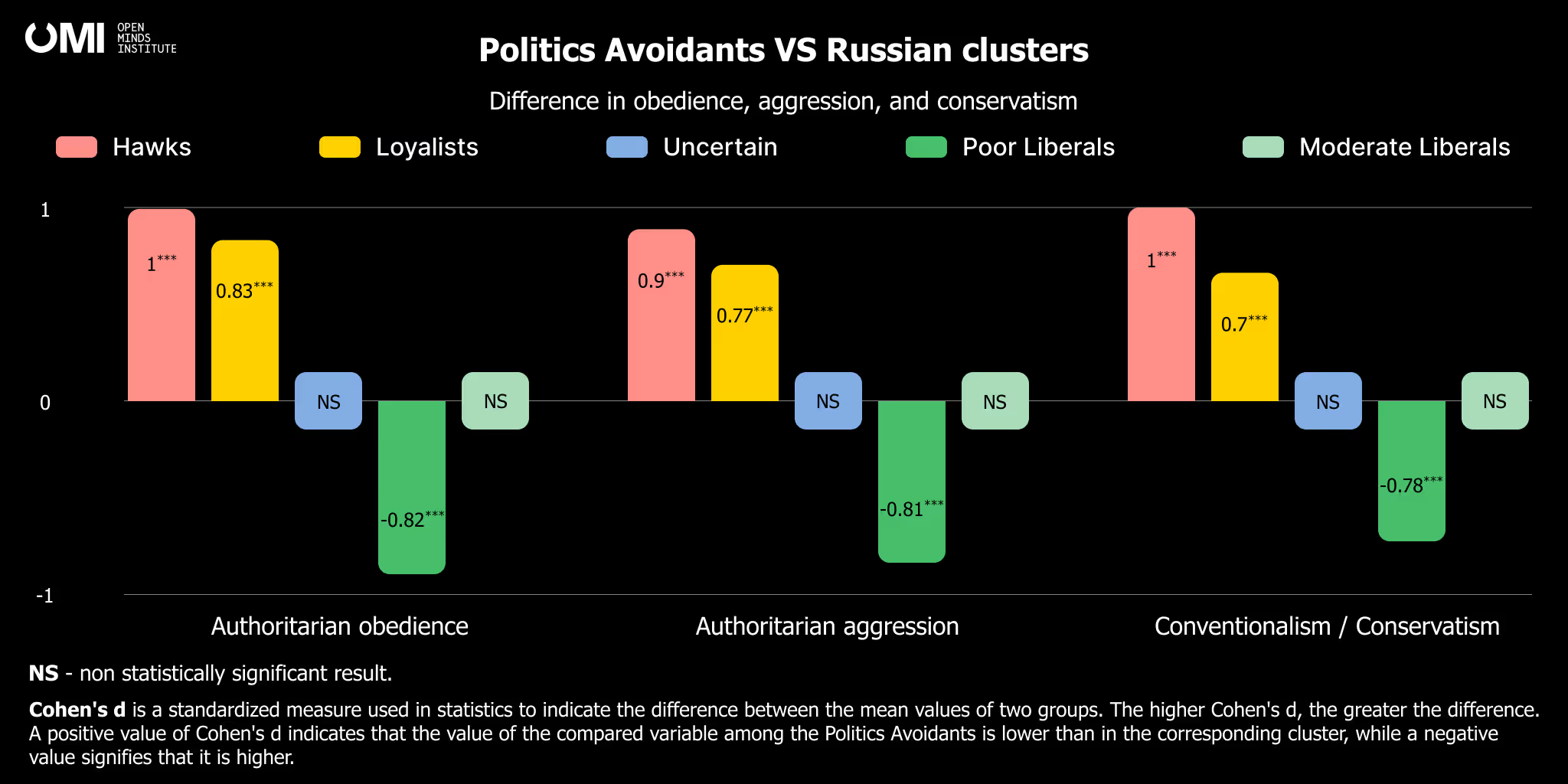
{{margin-big}}
Conclusion
{{margin-small}}
In conclusion, individuals who avoid discussing politics in Russia tend to have personality traits that are more aligned with pro-war Hawks and Loyalists, but they also value social harmony and may be less likely to actively oppose the current regime. While Politics Avoidants may display similar levels of authoritarianism (which is the most important predictor in war attitudes) to those who do not support the war or are undecided, they are unlikely to actively support or oppose the war and may simply be annoyed by politics in general.

.svg)





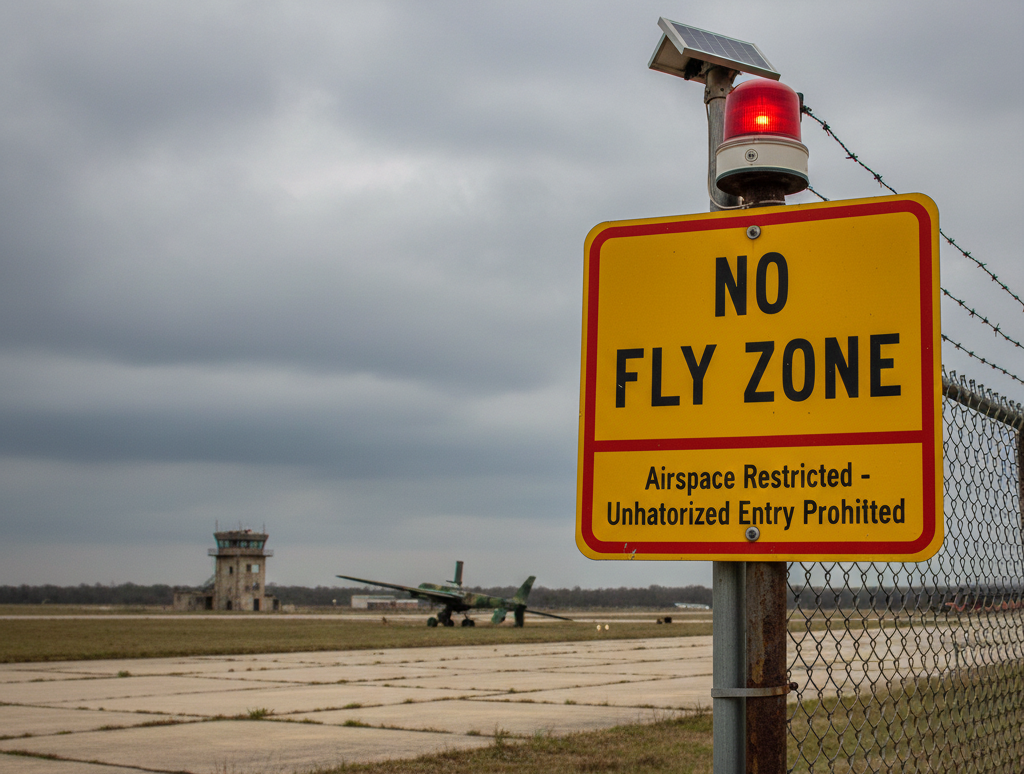
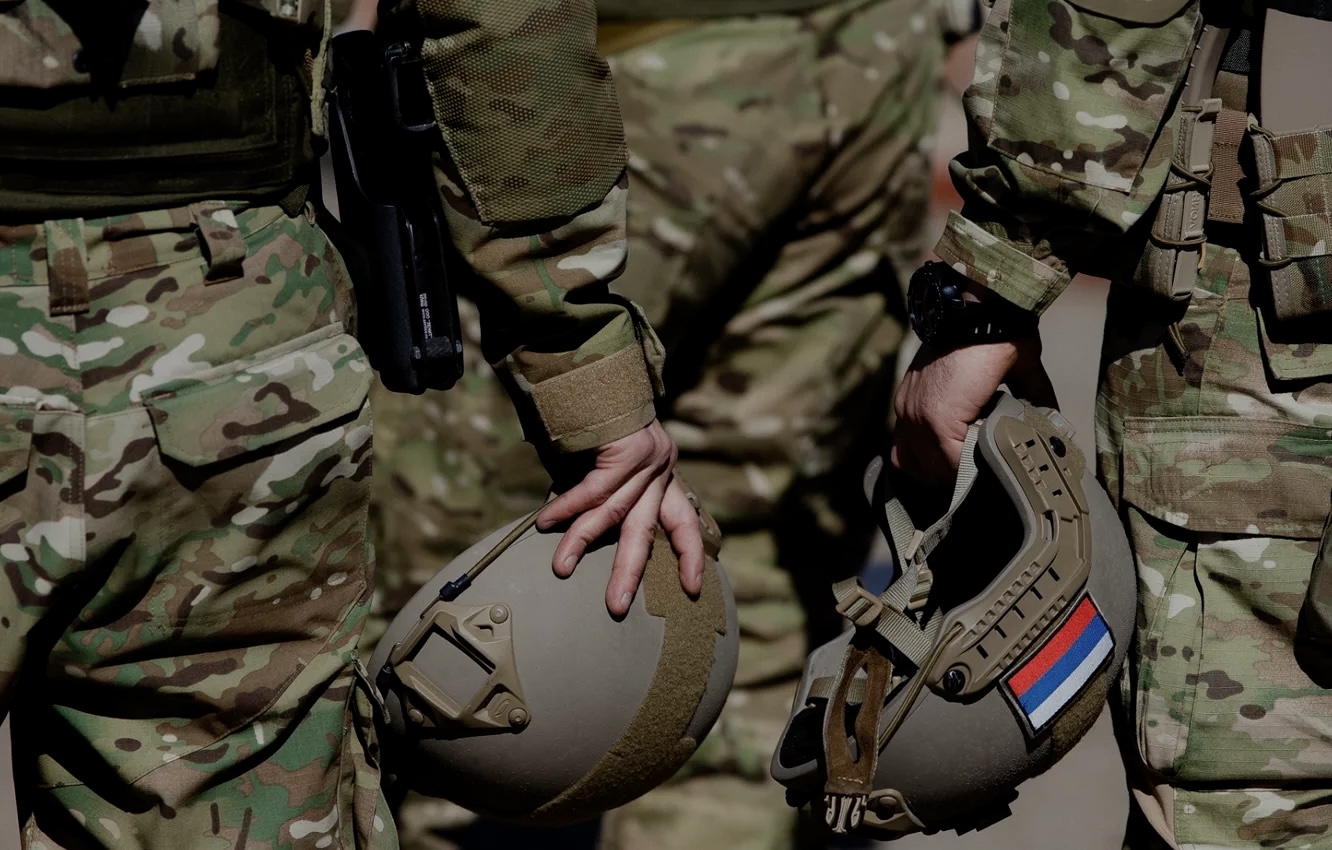

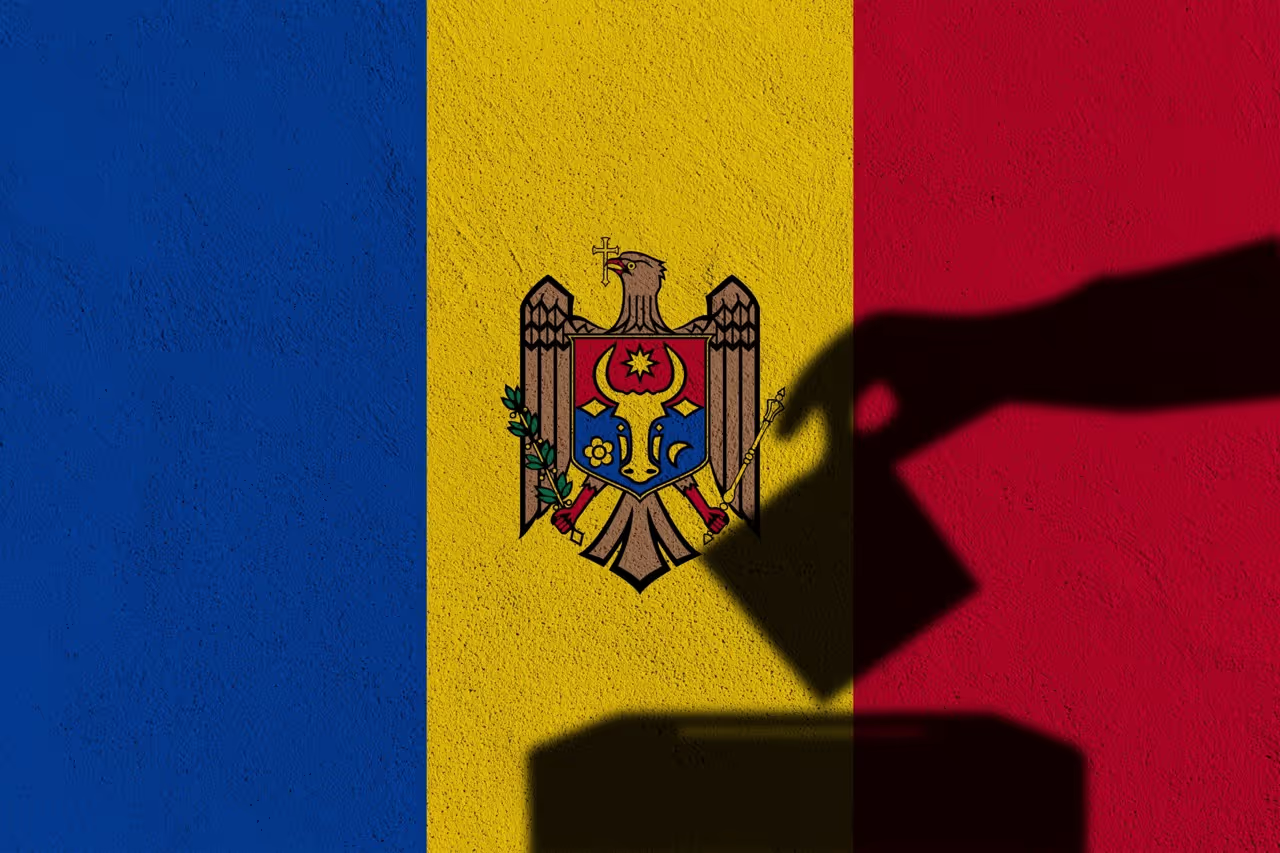
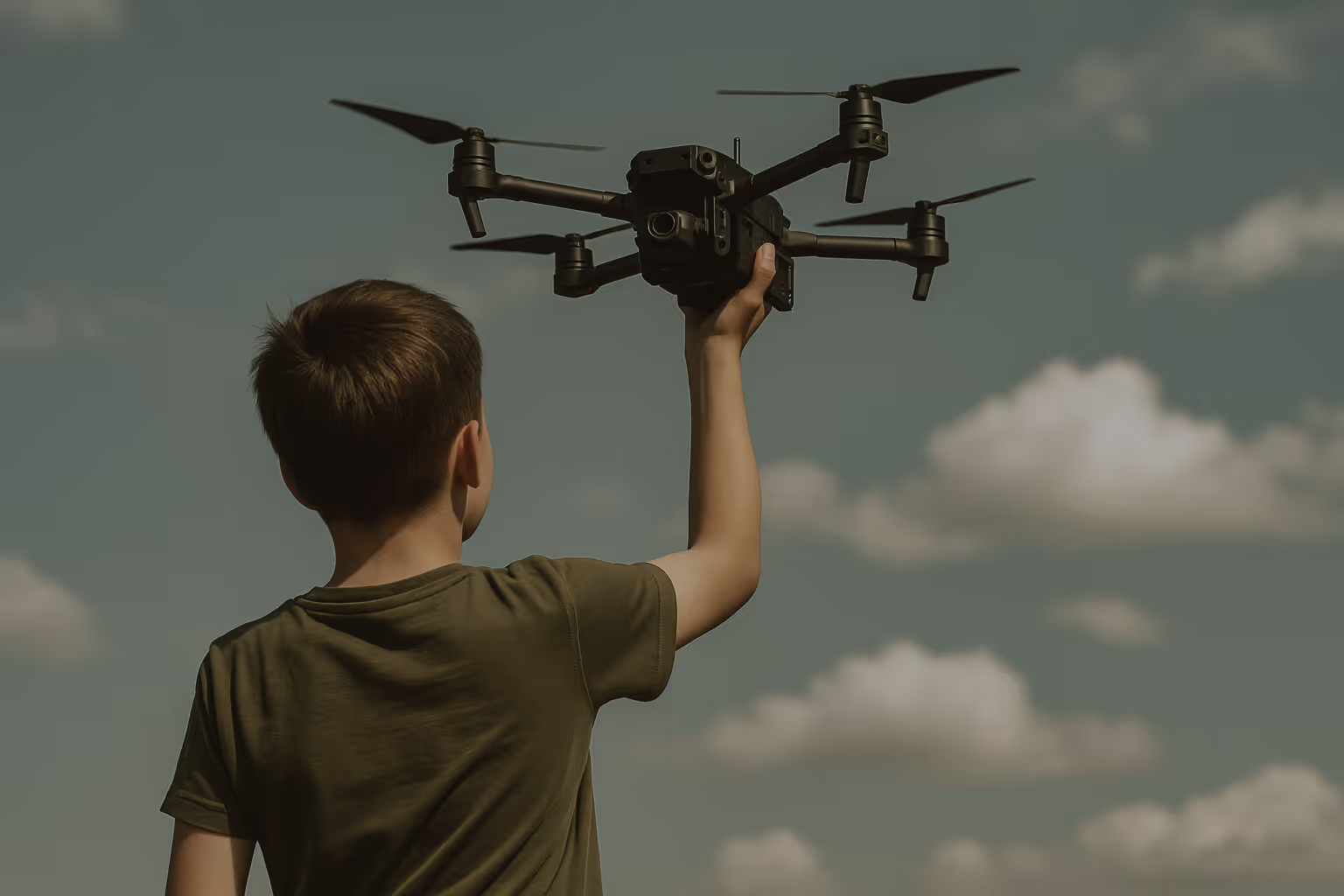
.avif)
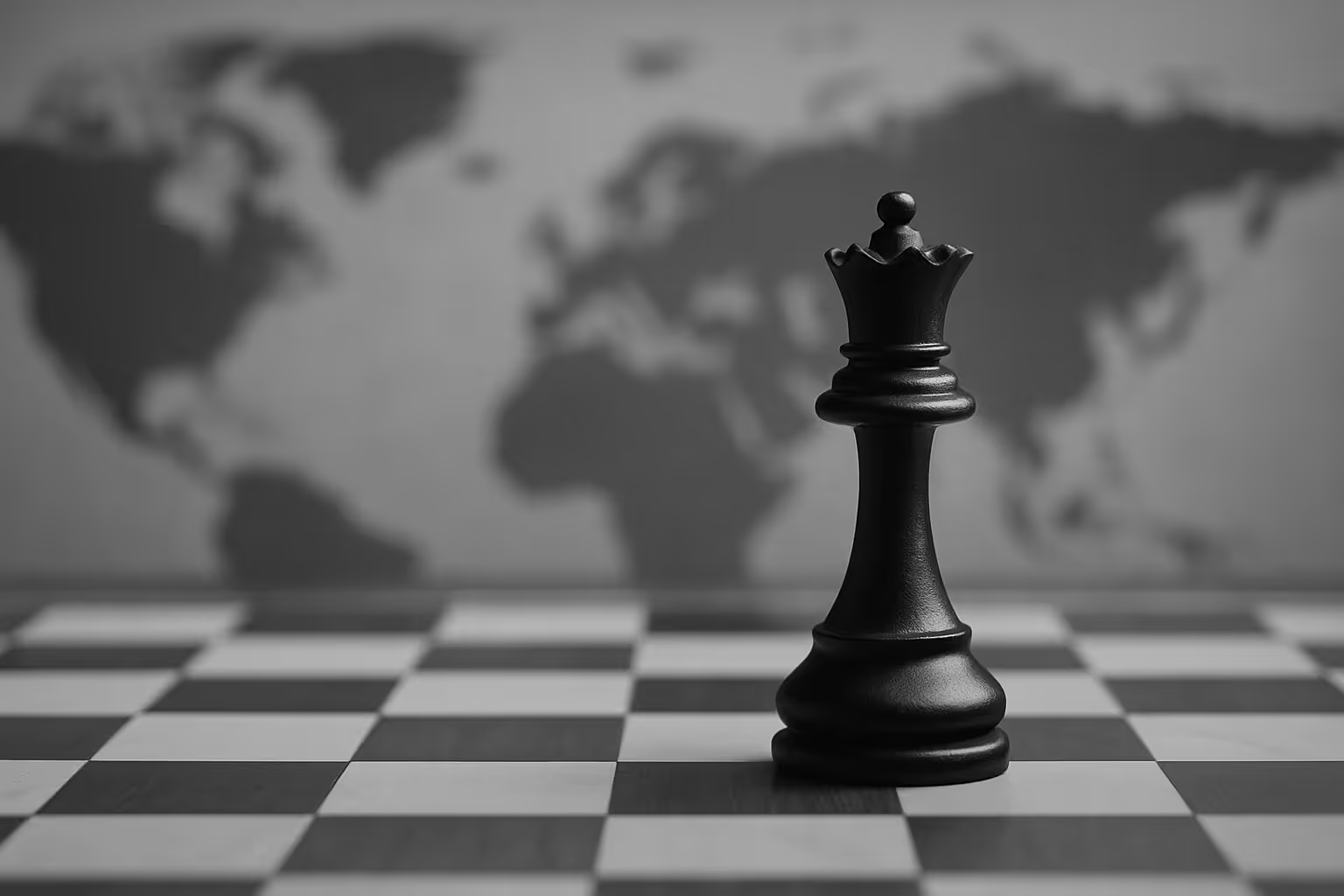

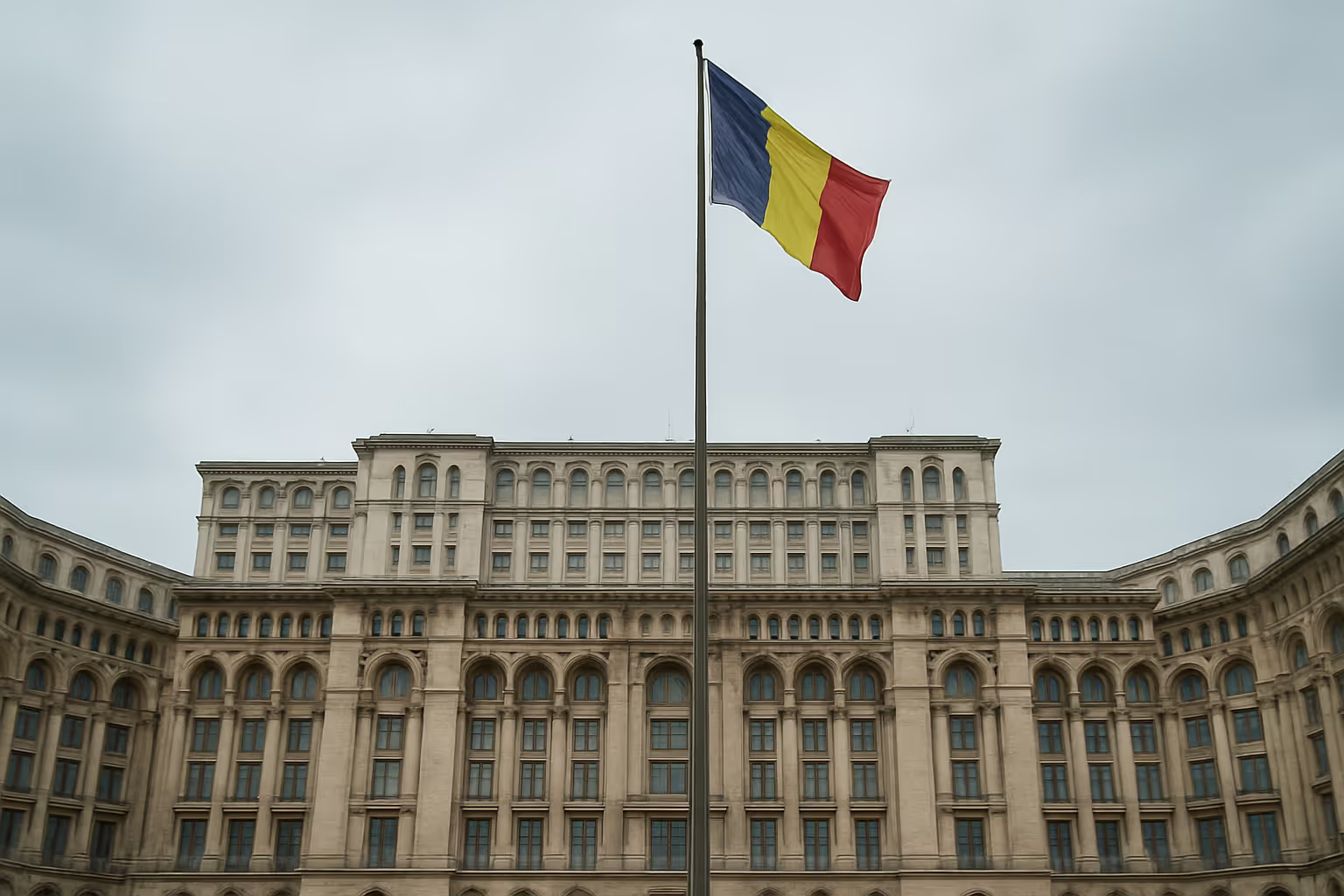
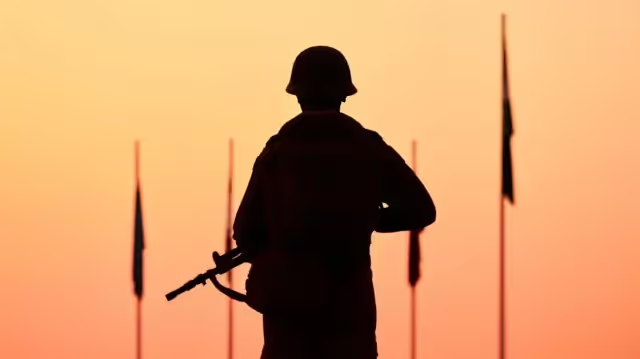
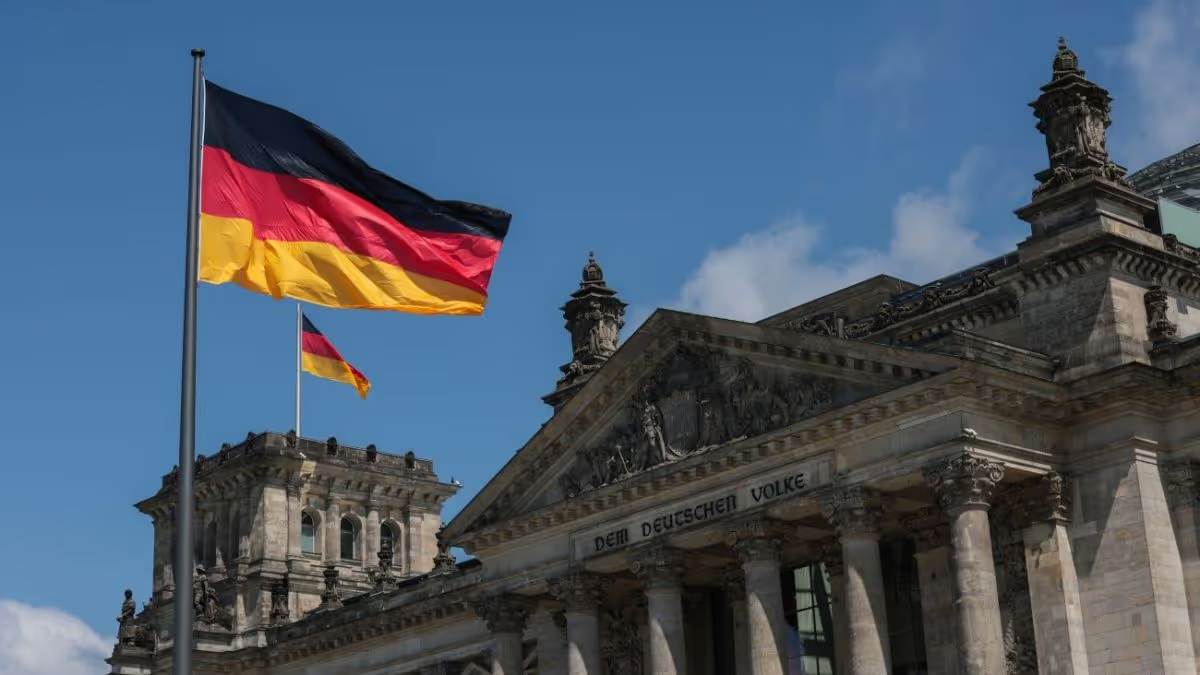
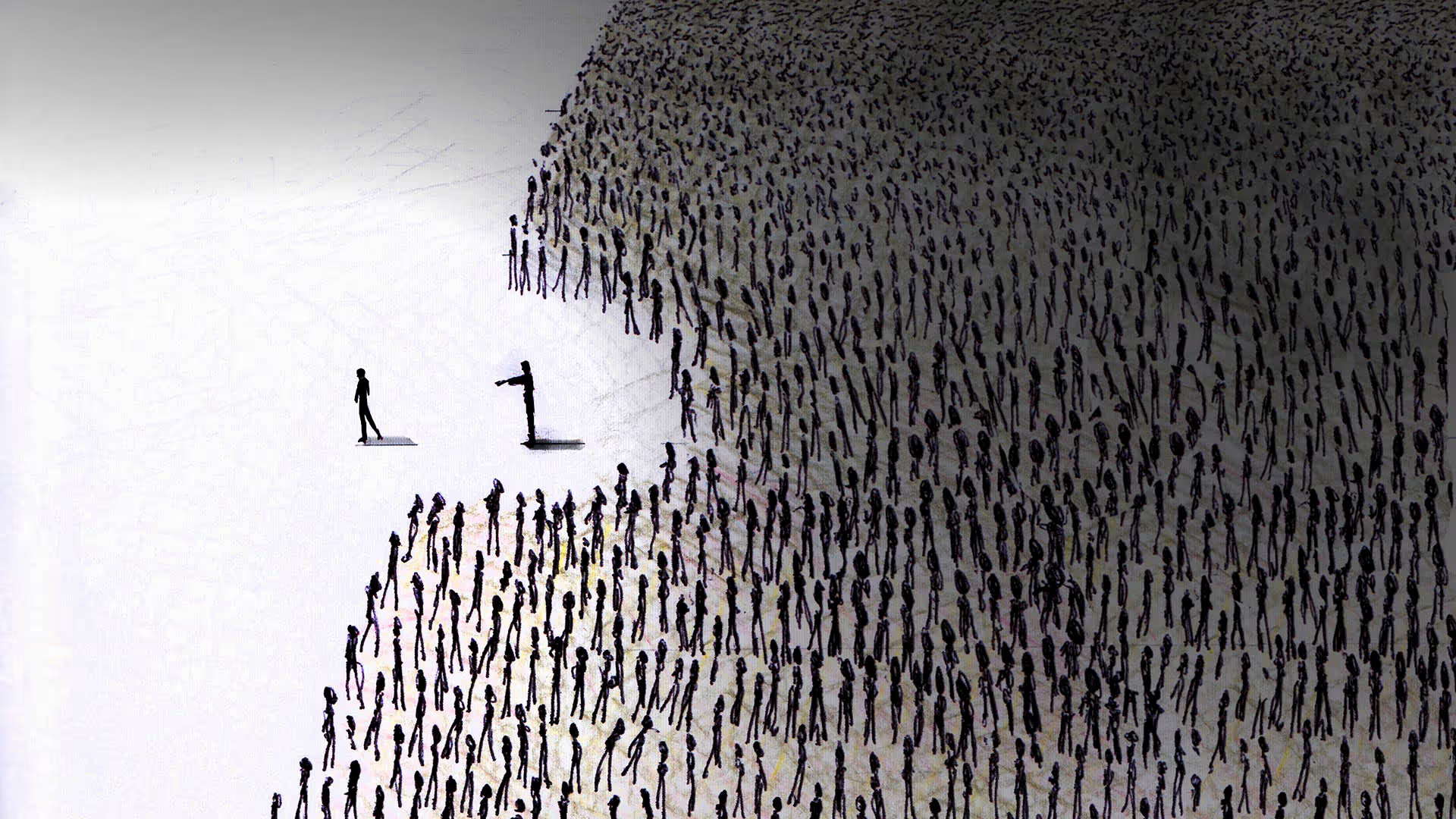
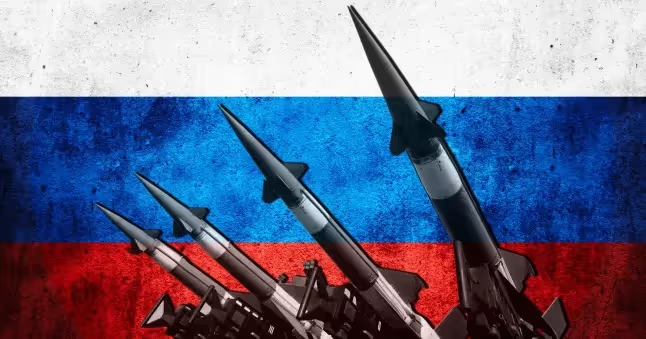
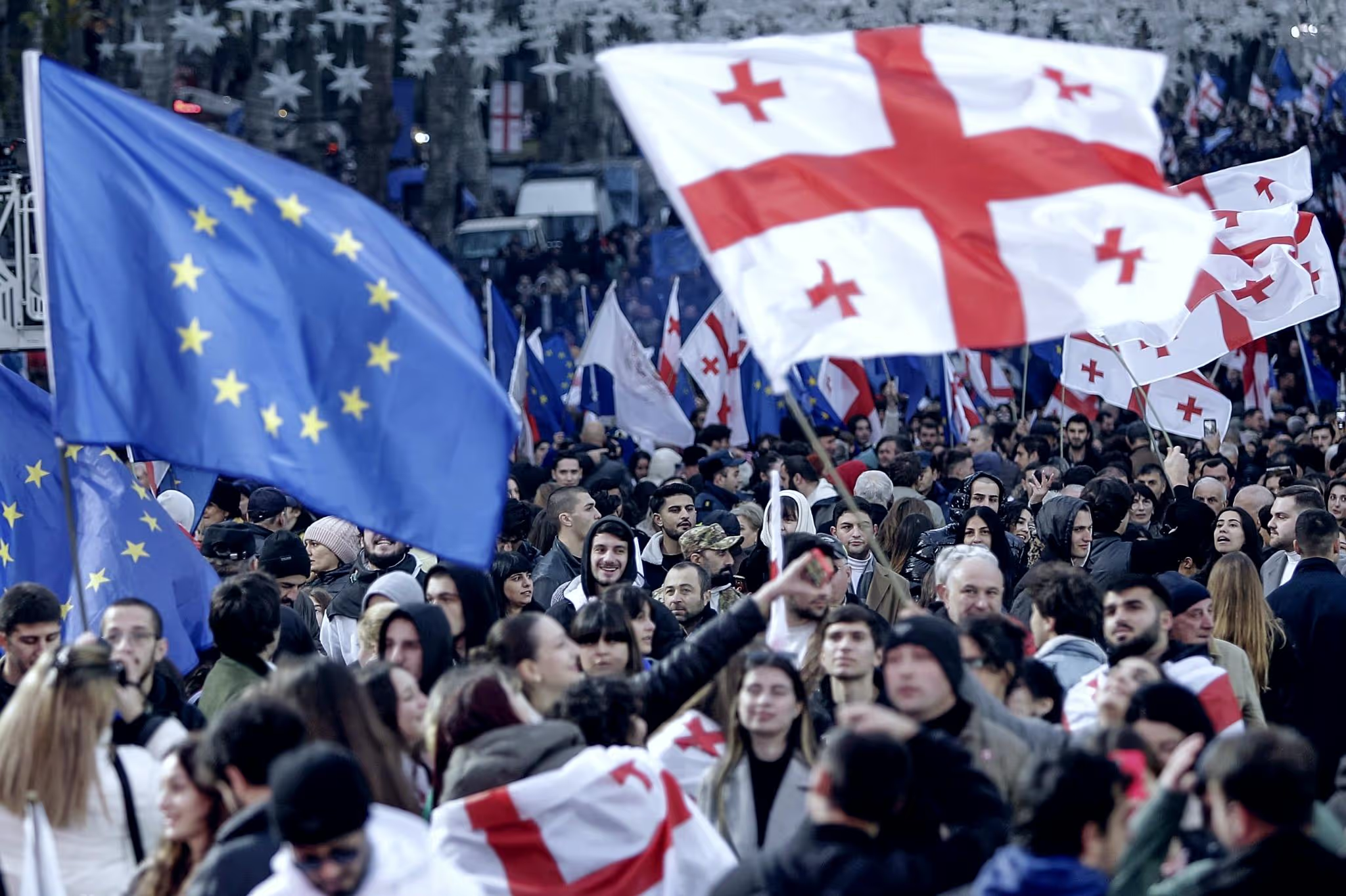
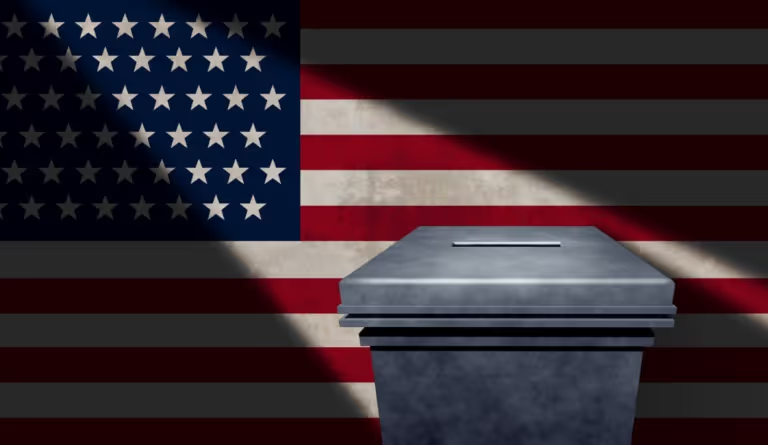



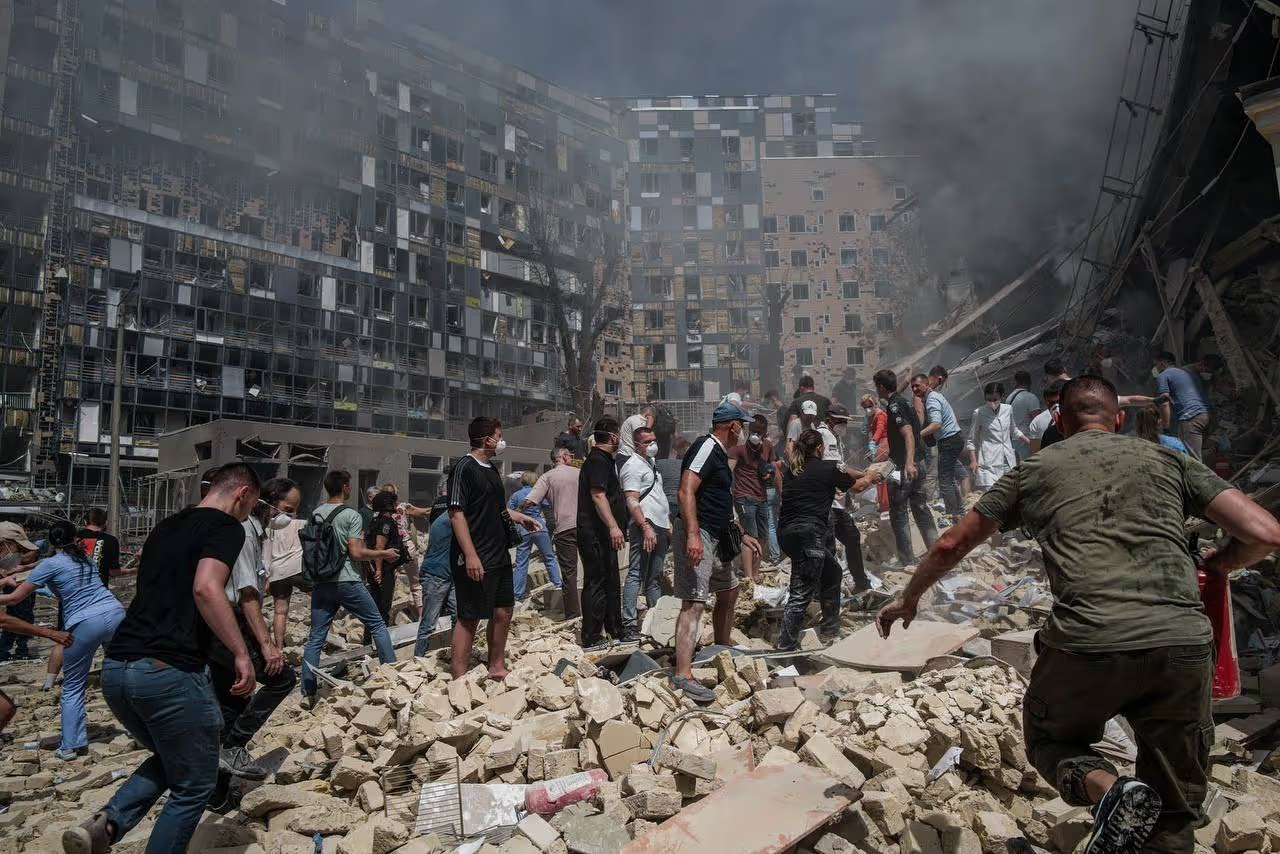

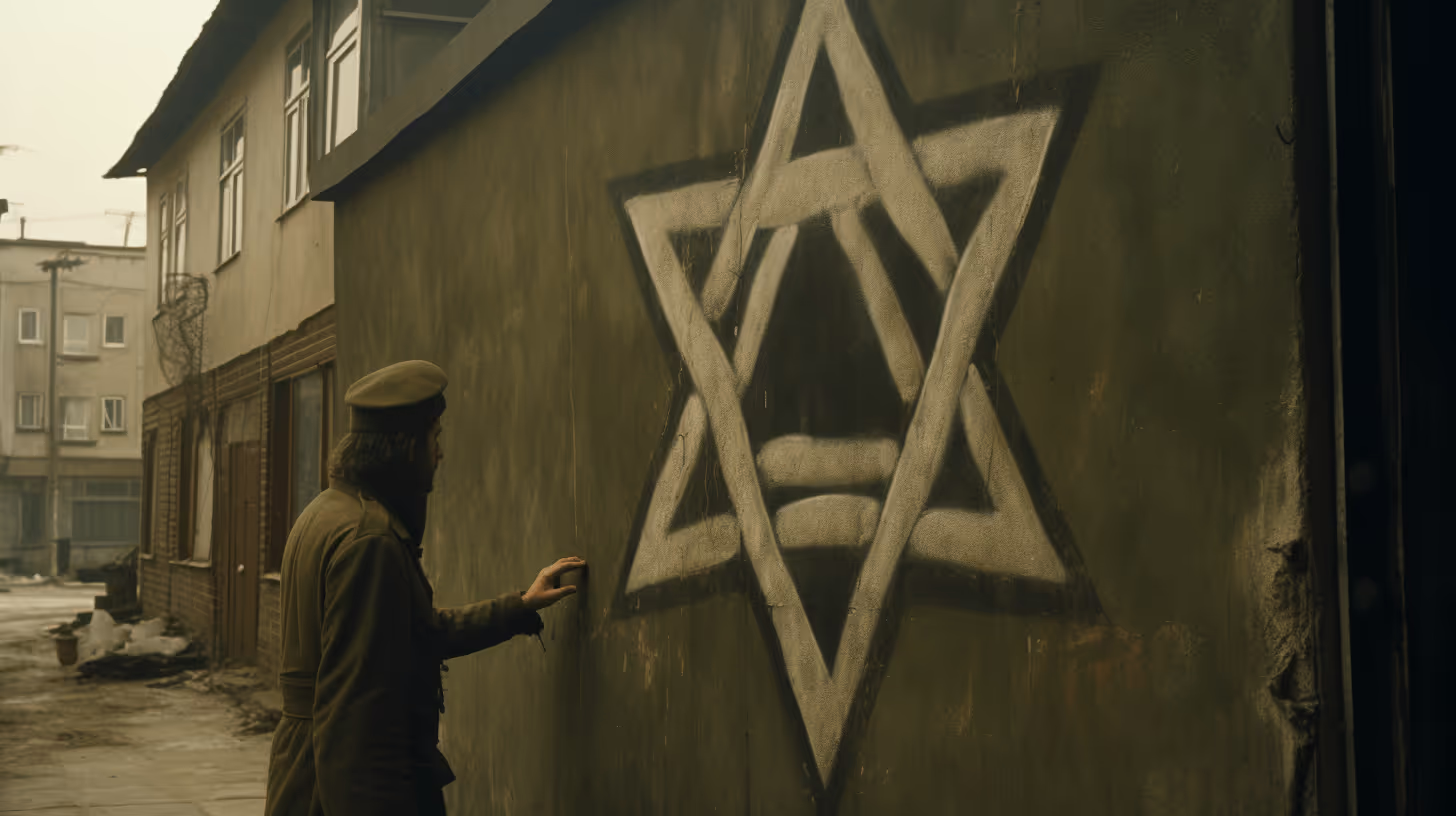
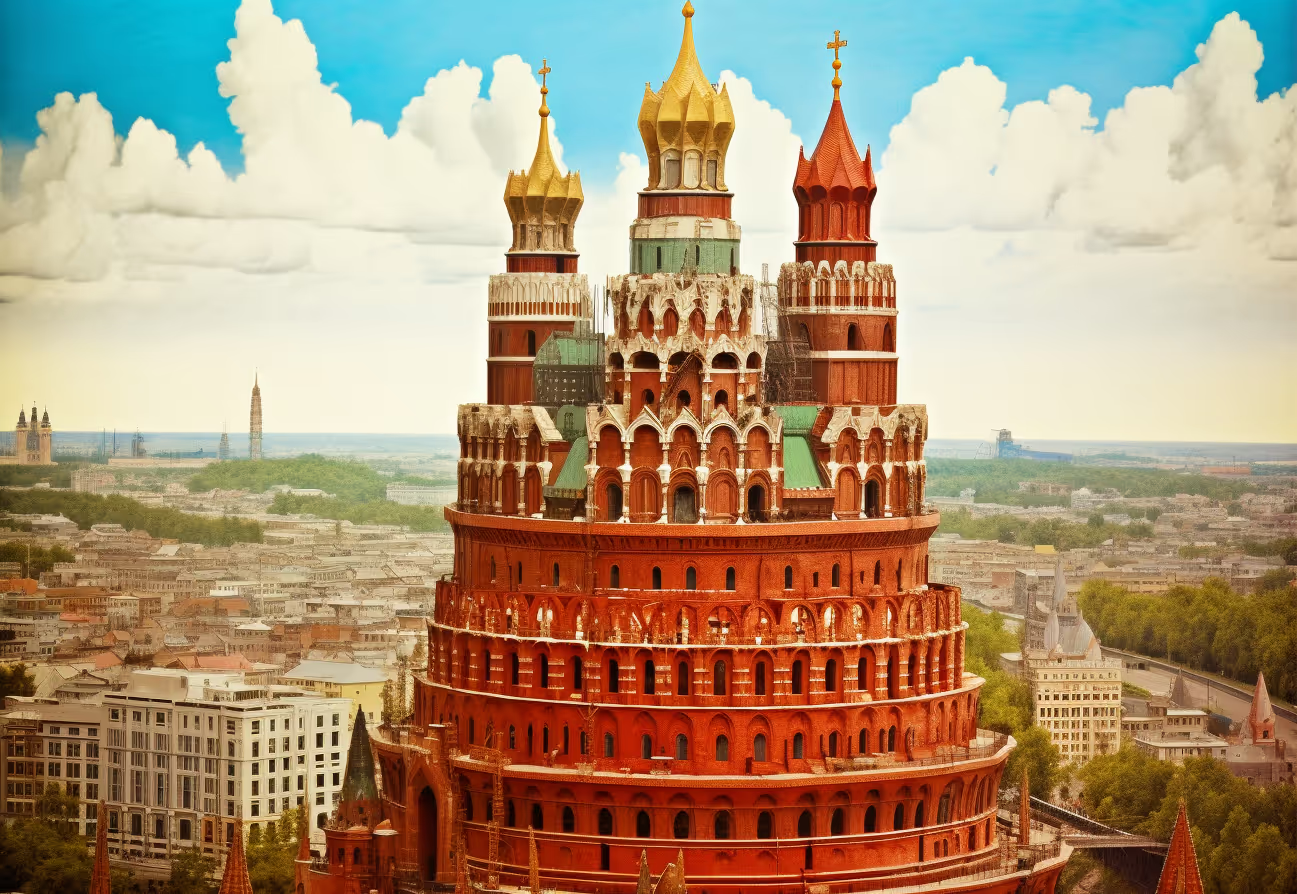
.avif)
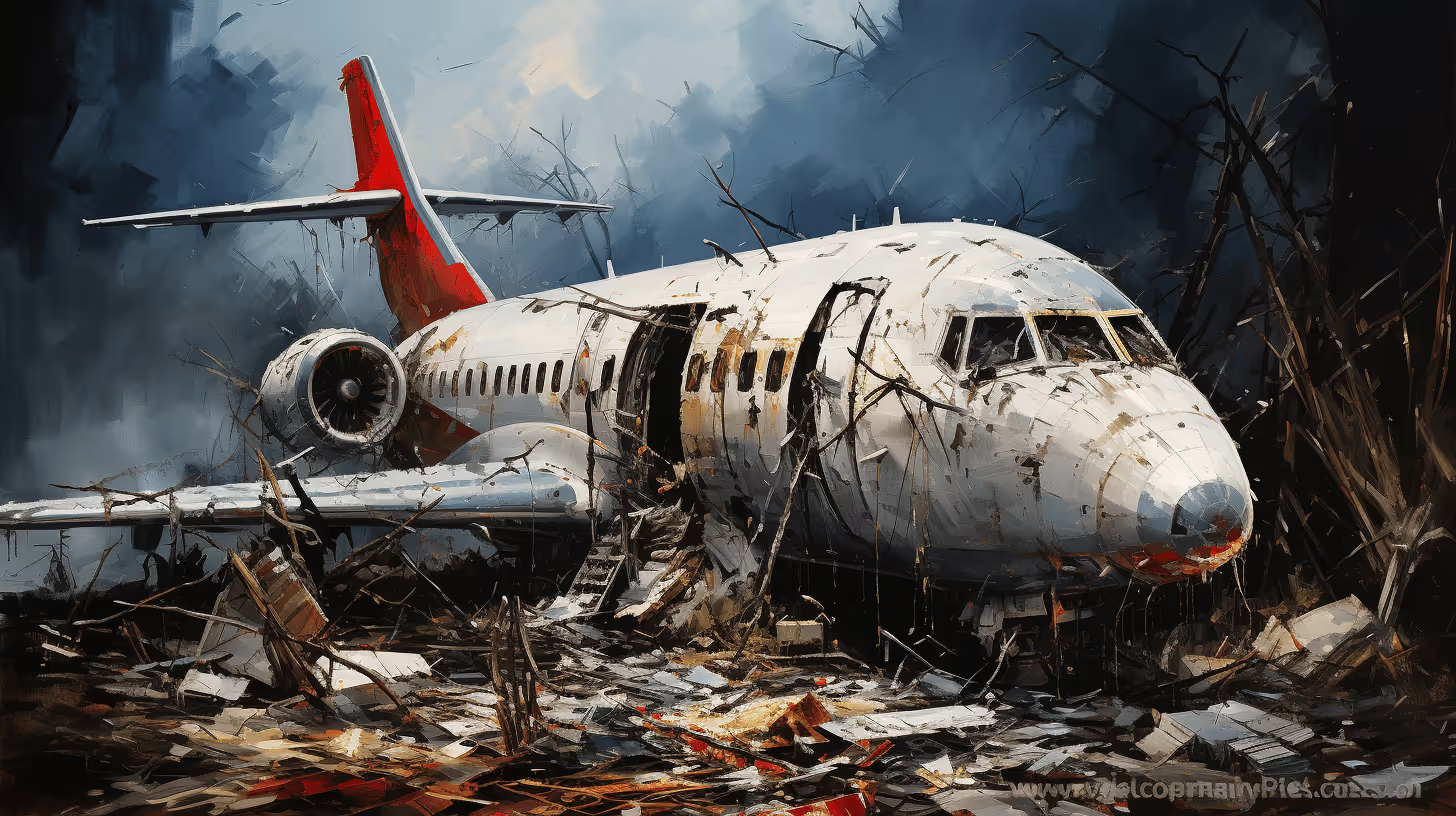
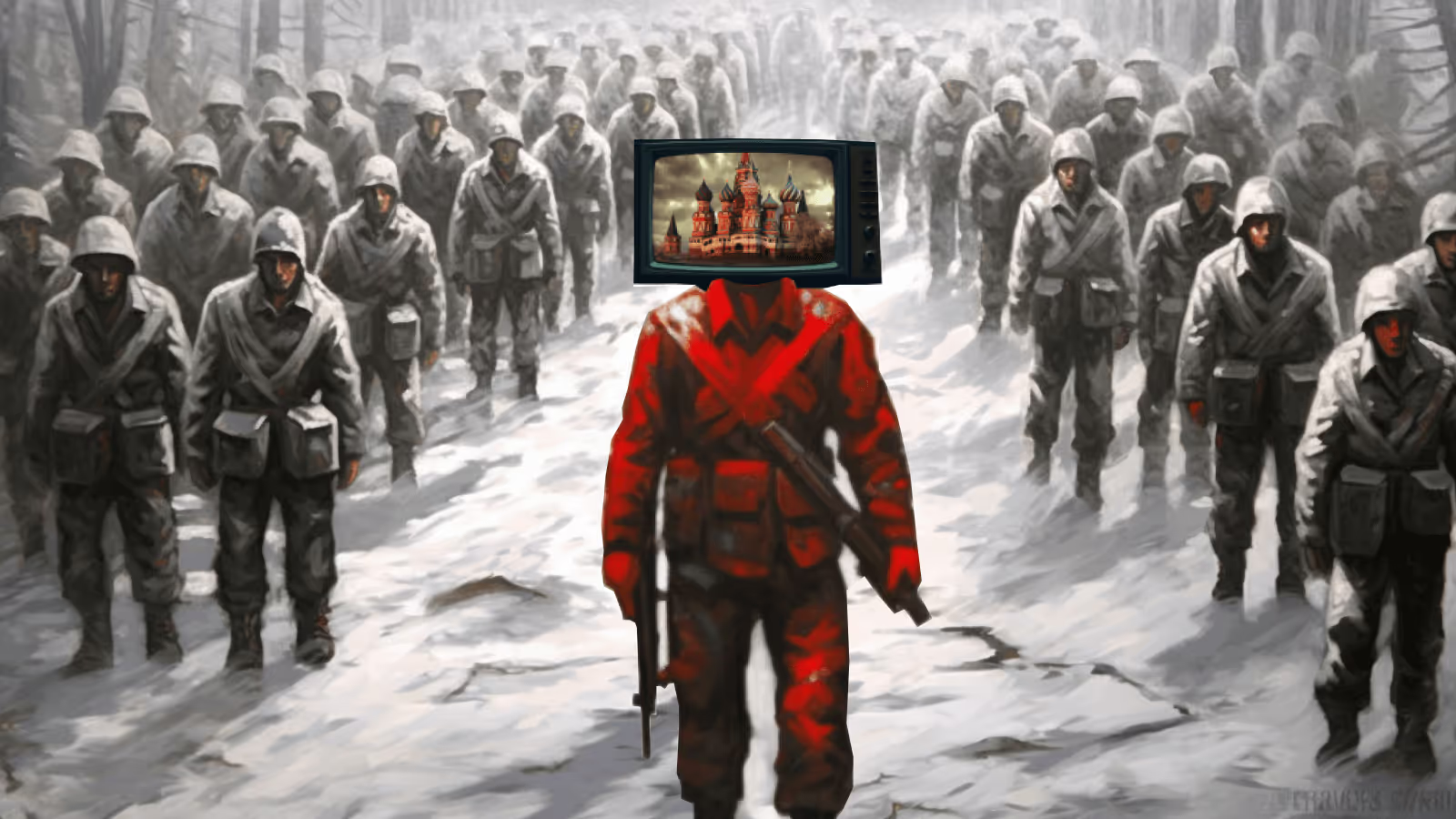
.avif)
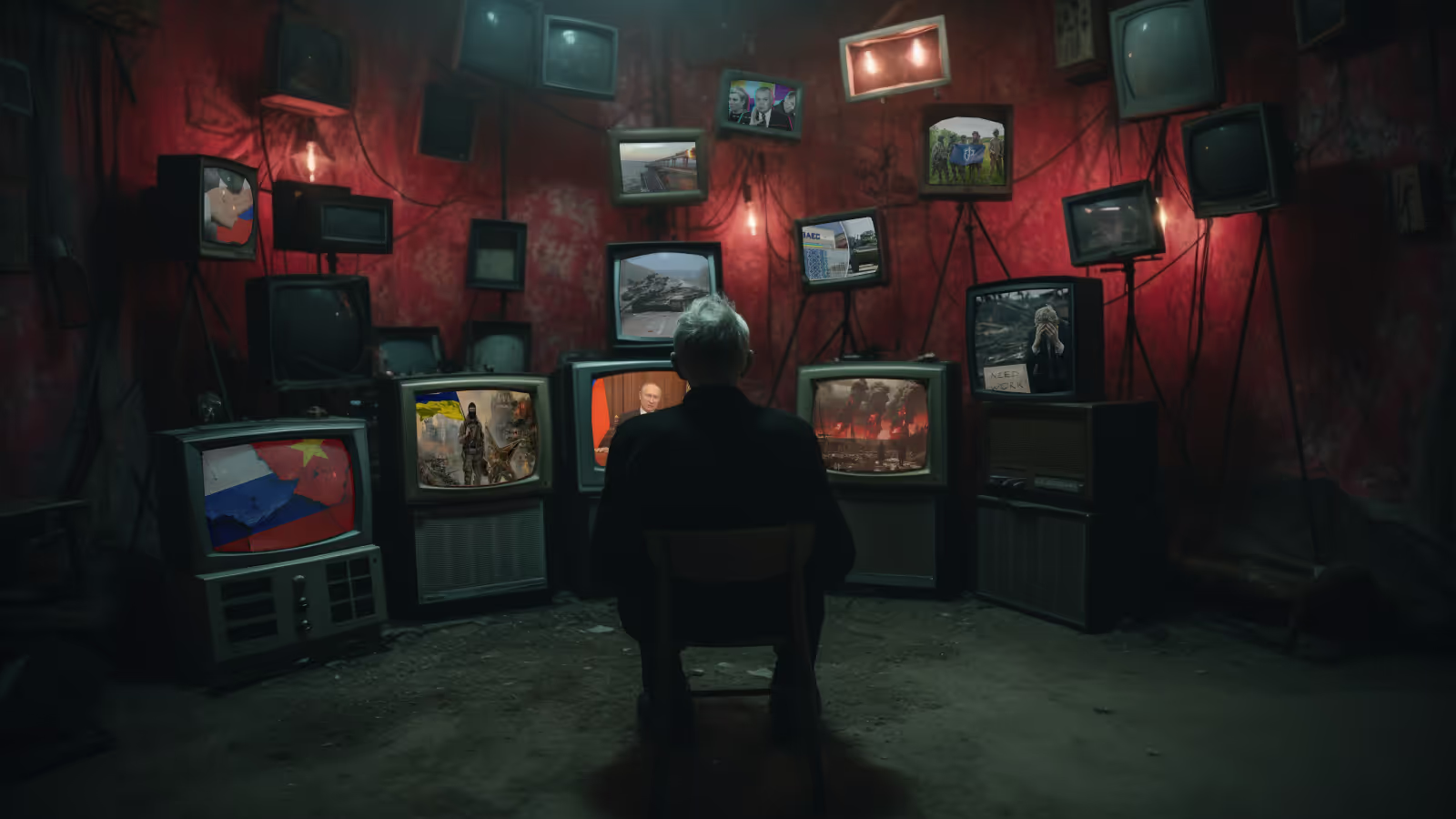
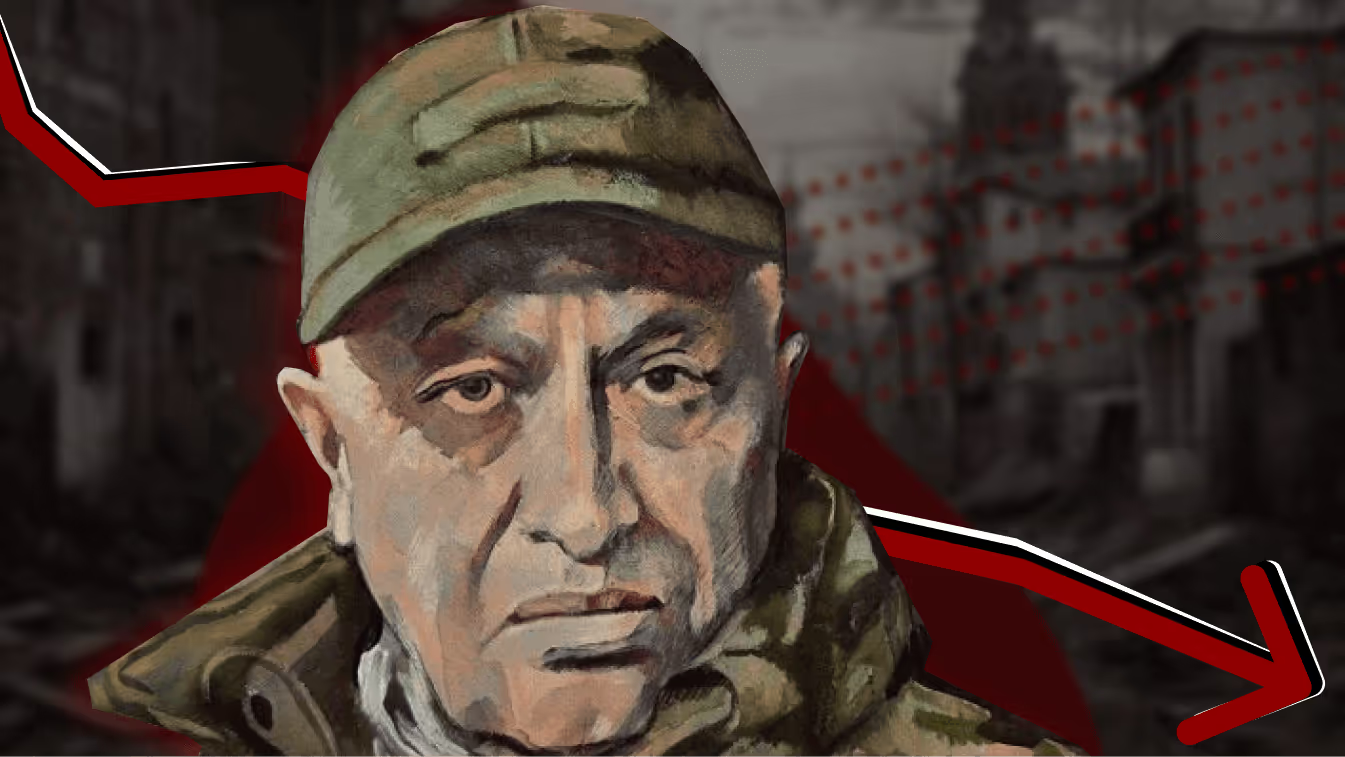
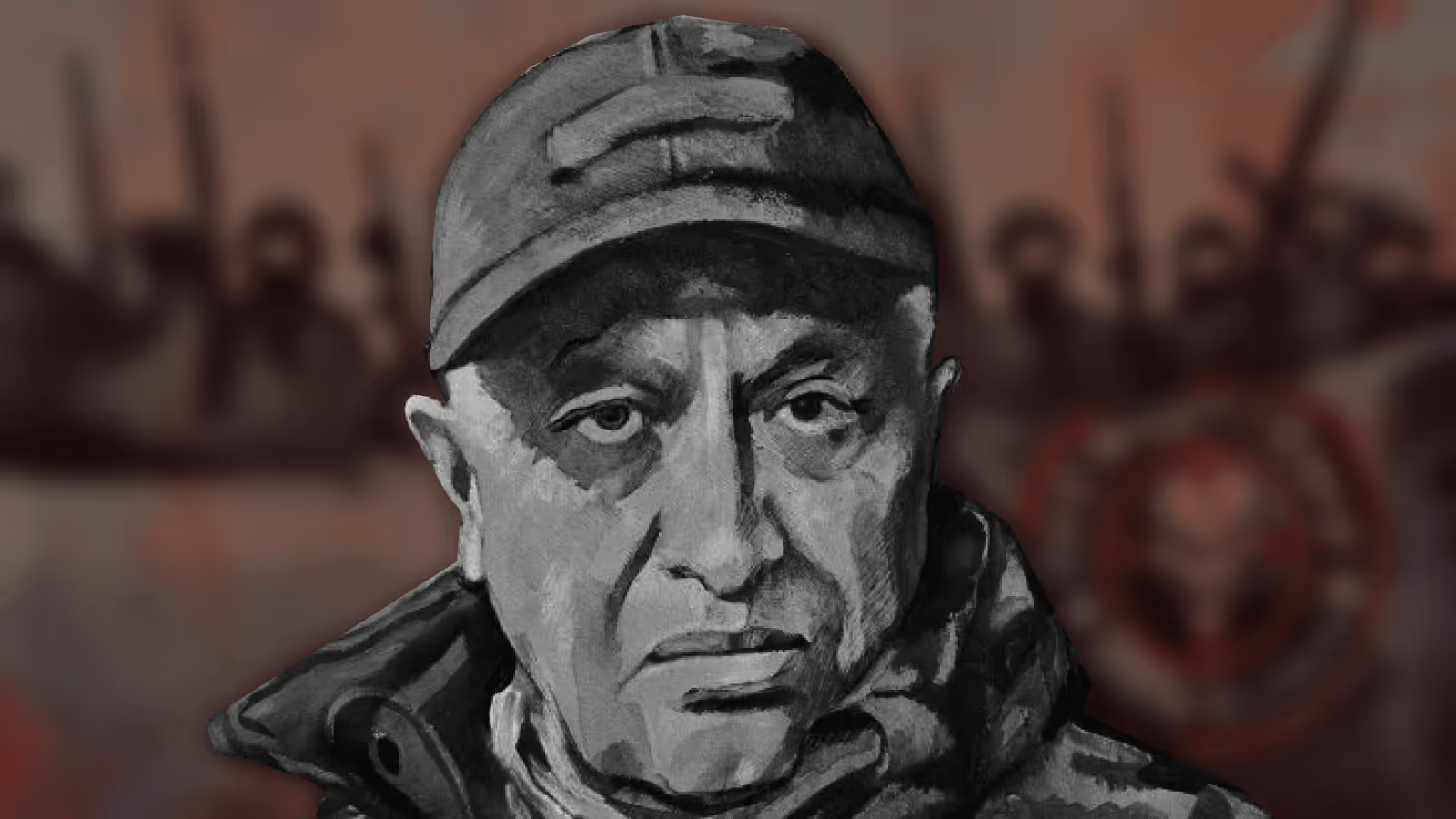
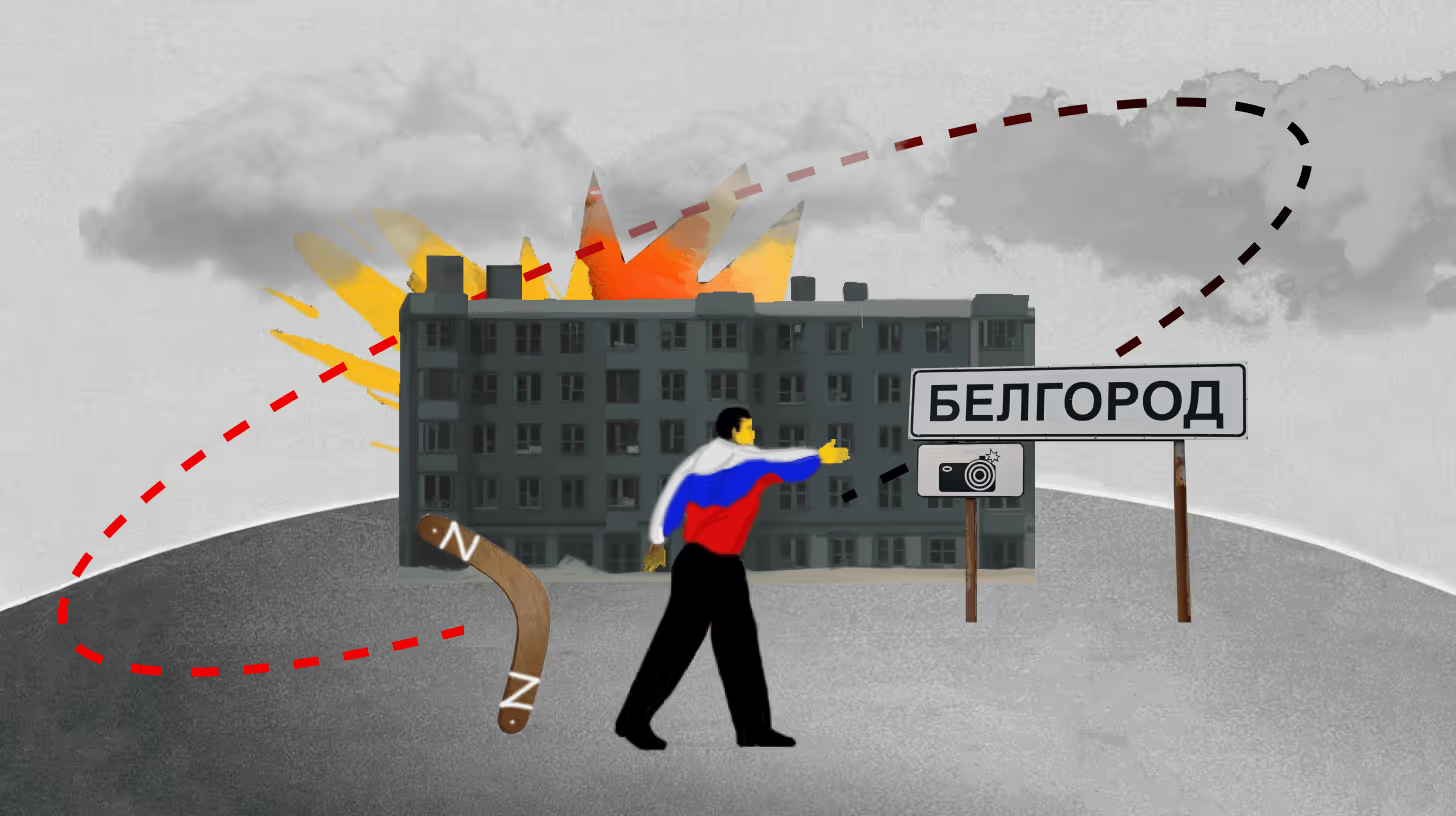
.avif)
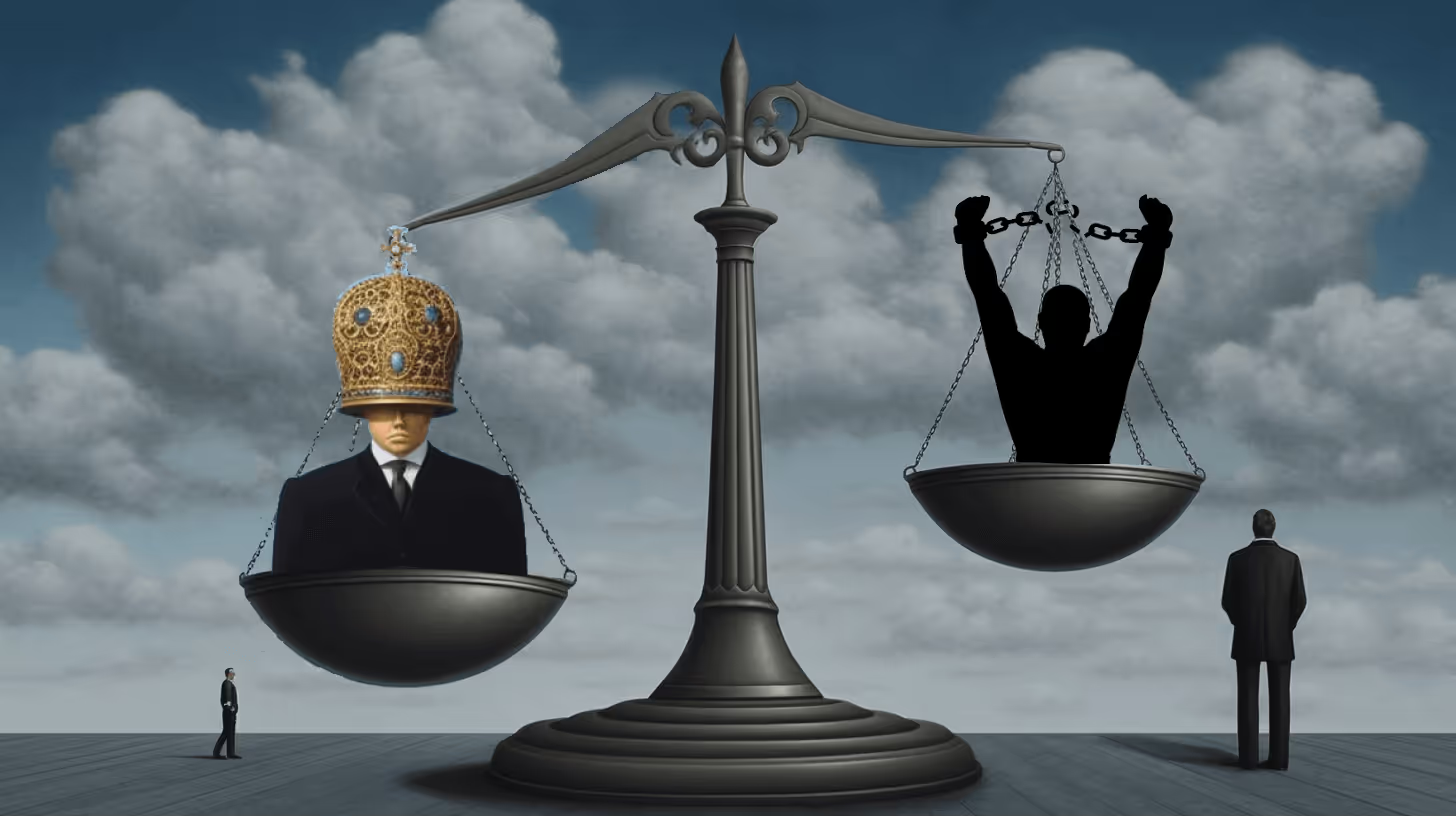
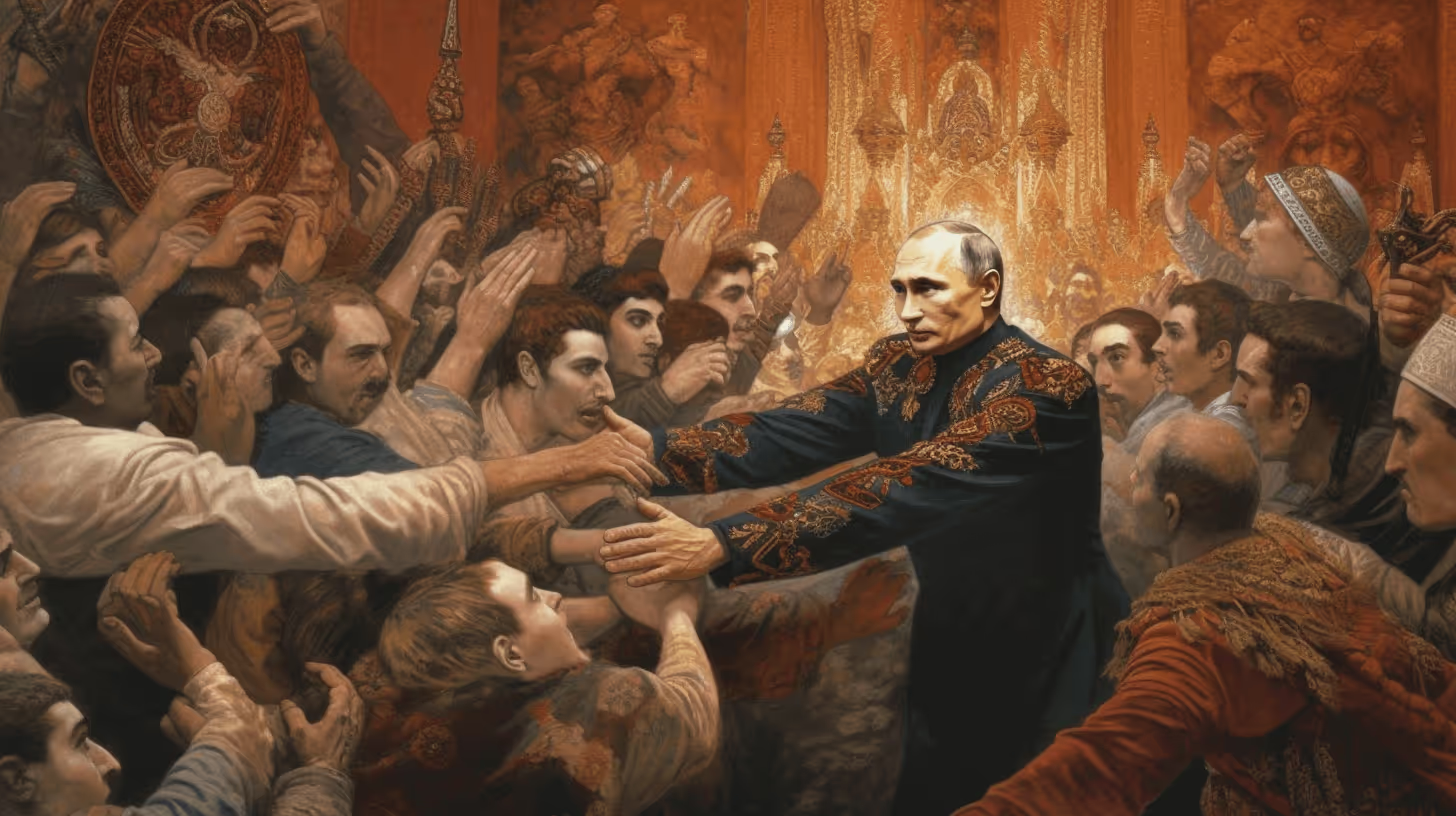
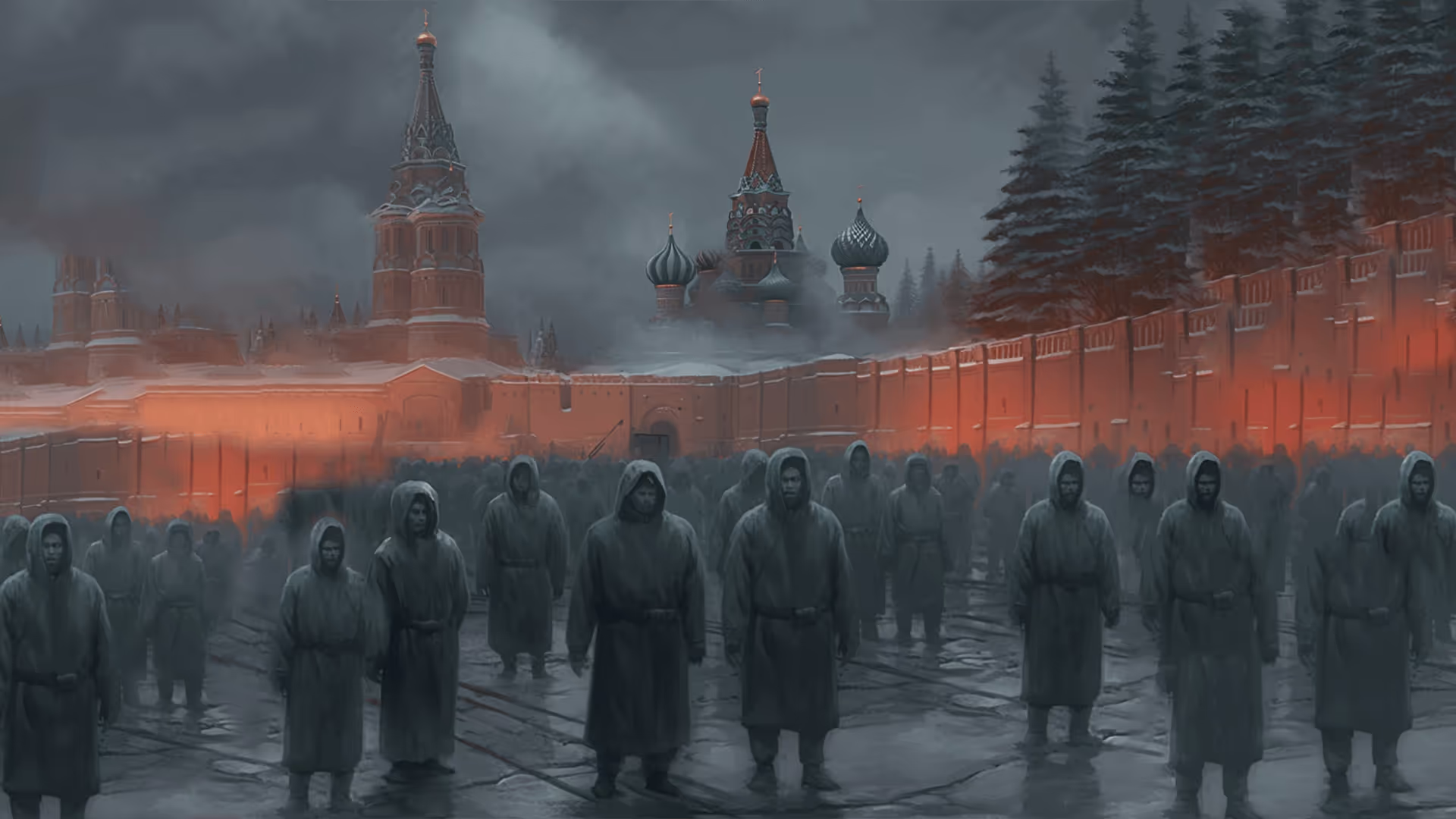
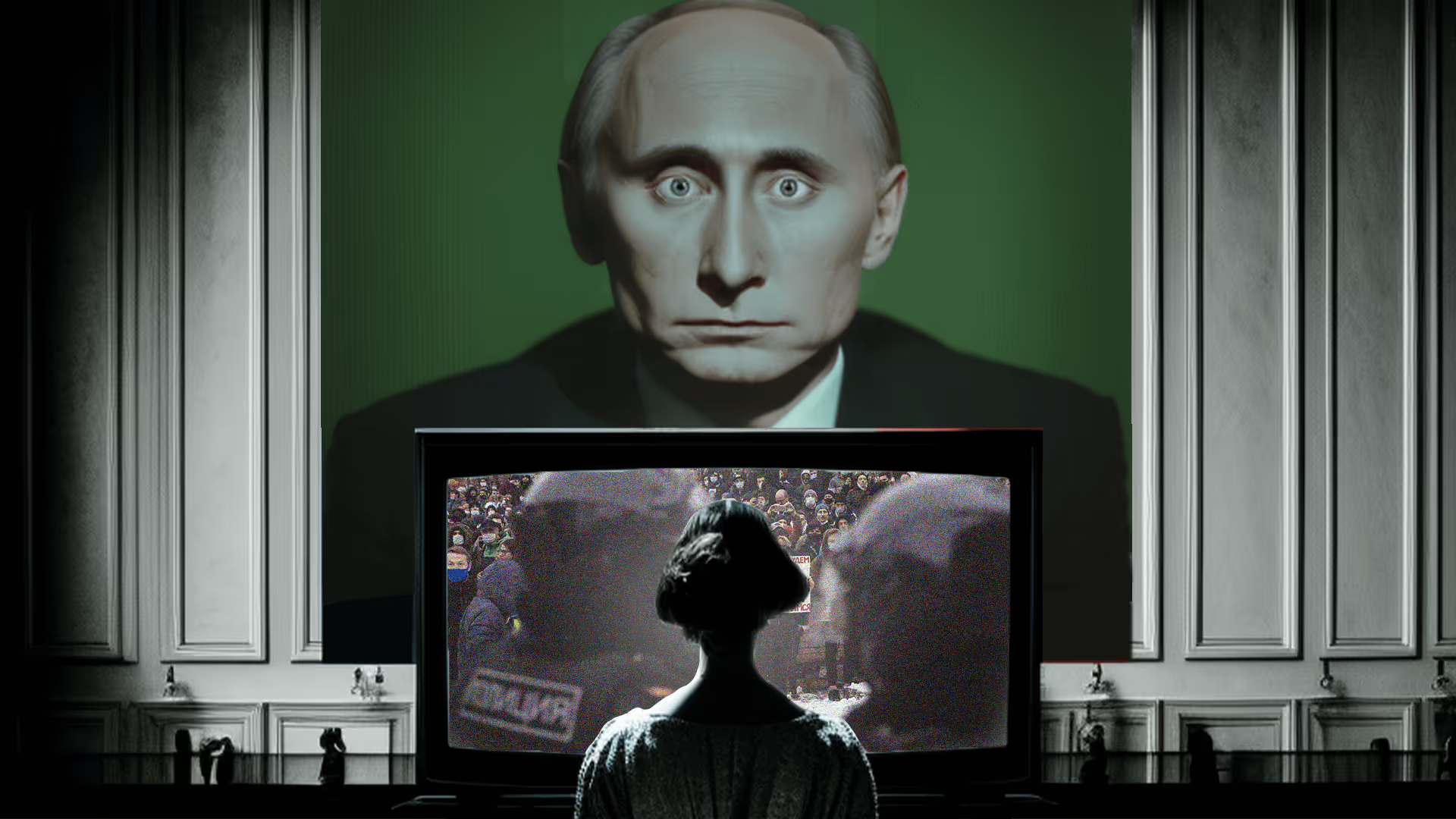



-01-2.avif)
-01.avif)
-01.avif)

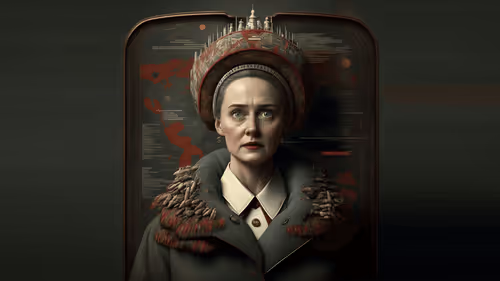


-01%25202-p-500.avif)







